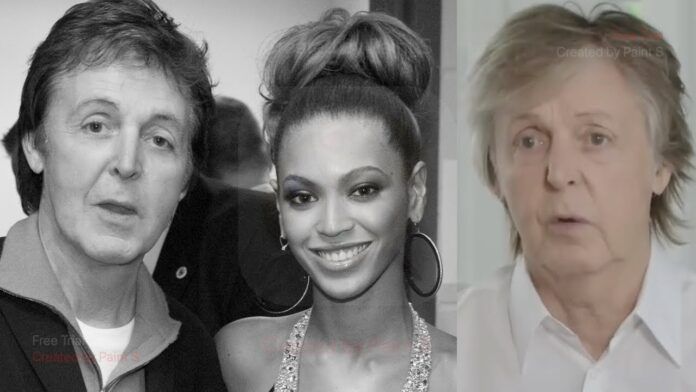McCartney celebrates Beyoncé’s rendition for reinforcing the song’s message of racial equality and justice
Paul McCartney, the legendary Beatles icon, recently expressed his admiration for Beyoncé’s cover of “Blackbird” on her latest album, “Act II: Cowboy Carter.” McCartney took to Instagram to share his thoughts, praising Beyoncé for her “magnificent version” of the 1968 classic. He highlighted how her rendition further amplifies the civil rights message that initially inspired the song.
“Blackbird,” originally penned by McCartney during the civil rights movement of the 1960s, drew inspiration from the Little Rock Nine. These were the brave Black students who faced daunting racial segregation but pioneered school desegregation in 1950s Arkansas. McCartney’s reflection on witnessing such racial injustices on television spurred him to write “Blackbird,” a song that has since become synonymous with the fight for racial equality.
Beyoncé’s 2024 cover, titled “Blackbiird,” not only pays homage to the original’s intent but also brings it into the contemporary music scene with profound respect and understanding. McCartney emphasized the song’s continued relevance, expressing concern over ongoing racial tensions and inequalities.
Adding to the cover’s significance, Beyoncé featured the voices of four emerging Black female country artists: Tiera Kennedy, Tanner Adell, Brittney Spencer, and Reyna Roberts. This choice not only showcases the talent of these artists but also serves as a powerful statement on the importance of diversity and representation in all music genres, including country.
McCartney shared a personal note about his interaction with Beyoncé, revealing that they discussed the song’s impact and legacy over FaceTime. He conveyed his pride and satisfaction with Beyoncé’s interpretation, stating that it makes him very proud to see his work contribute to easing racial tensions.
This collaboration between McCartney and Beyoncé underscores the enduring power of music as a catalyst for change and dialogue. It highlights how classic songs can find new life and meaning, bridging generations and continuing to inspire action towards a more equitable world.
